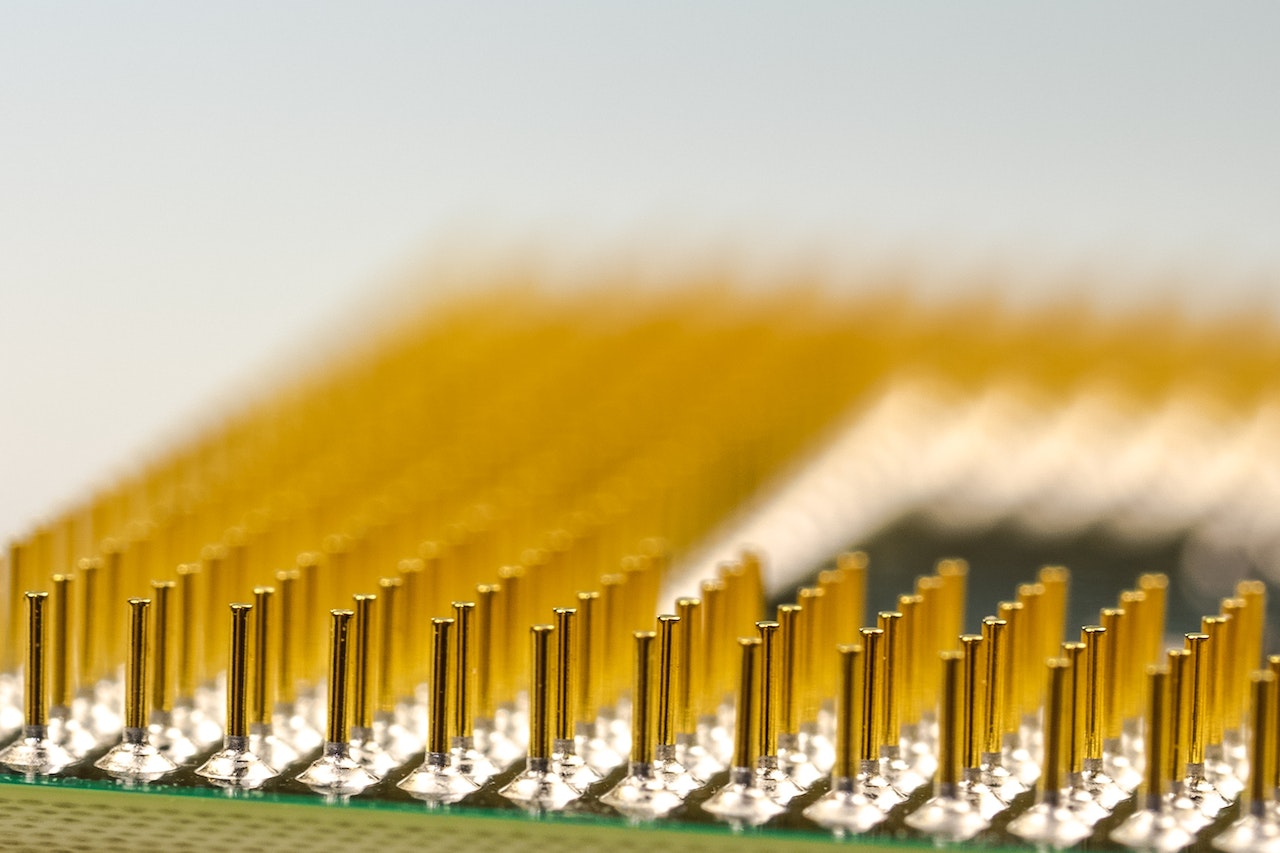In a move aimed at safeguarding US technological supremacy and national security, the Biden administration has instituted sweeping new rules that not only curtail China’s access to vital US artificial intelligence chips but also quietly extend an olive branch to American tech giants, Nvidia (NVDA), Intel (INTC), and Advanced Micro Devices (AMD), potentially preserving their lucrative business in the colossal Chinese chip market.
Buried deep within the more than 400 pages of regulations unveiled on Tuesday, officials at the US Bureau of Industry and Security (BIS) indicated their willingness to collaborate with the semiconductor industry in finding ways to continue supplying AI chips to China for small and medium-sized systems.
The primary objective of these regulations is to impede China’s ability to exploit American chips for constructing mammoth supercomputers with applications akin to OpenAI’s ChatGPT, which can also serve military purposes. Thomas Krueger, a former US National Security Council export control official, emphasized, “the organizing principle for all these rules is to keep them focused on those capabilities that can enable Chinese military systems. They’re not interested in going after broad consumer applications. They’re really trying to thread that needle.”
Officials have solicited input on establishing a “tamperproof” solution to prevent the aggregation of up to 256 AI chips into a supercomputer, balancing national security concerns while allowing for small or medium-scale AI training capabilities.
Nvidia, Intel, and AMD have declined to comment on these developments, but Nvidia’s shares witnessed a 4.67% decline in value on the day the new rules were made public.
Another boon for these American tech giants comes in the form of constraints imposed on their most capable Chinese competitors. The new regulations make it nearly impossible for well-funded Chinese startups, Moore Threads and Biren, founded by Nvidia veterans, to manufacture their designs using state-of-the-art chipmaking technology.
This limitation signifies that whatever Nvidia manages to sell to China will likely represent the best legal option for Chinese buyers. Analysts at investment bank Piper Sandler speculate that Nvidia will swiftly adapt its chip designs to meet the new standards with minimal disruption to their current business outlook.
The new rules, set to take effect in 30 days, specifically target Chinese chip manufacturers by limiting the export of advanced chipmaking equipment, specifically immersion deep ultraviolet (DUV) lithography machines, containing American parts.
While no American toolmakers produce DUV machines, these critical components are manufactured by Japan’s Nikon and the Netherlands’ ASML. The regulations codify diplomatic efforts between the US, Japan, and the Netherlands to apply similar controls on exporting these machines to China. TechInsights analyst Dan Hutcheson noted that the new rules seal off significant potential future developments and essentially future-proof the document.
Although DUV machines do not produce cutting-edge chips, they come close and are likely to have been employed by Huawei’s chip manufacturing partners to create a new smartphone chip for the Mate 60 Pro, as suggested by analysts. Gregory Allen, a director at the Center for Strategic and International Studies, pointed out that these controls could substantially hinder China’s ability to expand advanced node semiconductor manufacturing for years, provided that spare parts and components for the equipment can be effectively controlled.
In contrast to last year’s broad export restrictions, the latest rules precisely target the technologies and techniques required for complex machines that build advanced transistor designs, according to David Kanter, President of Real World Insights. By narrowing down the list of prohibited equipment, the rules offer flexibility to toolmakers to sell older chip-building equipment without violating government restrictions.
In conclusion, these new rules represent a critical juncture in the trajectory of the US semiconductor industry, striking a careful balance between safeguarding national security and preserving the interests of American tech giants in an ever-evolving global landscape. As the US semiconductor industry undergoes transformative shifts, Nvidia, Intel, and AMD stand poised to navigate these new rules, securing their positions in the global market.
Source: Reuters



